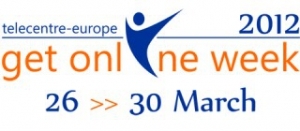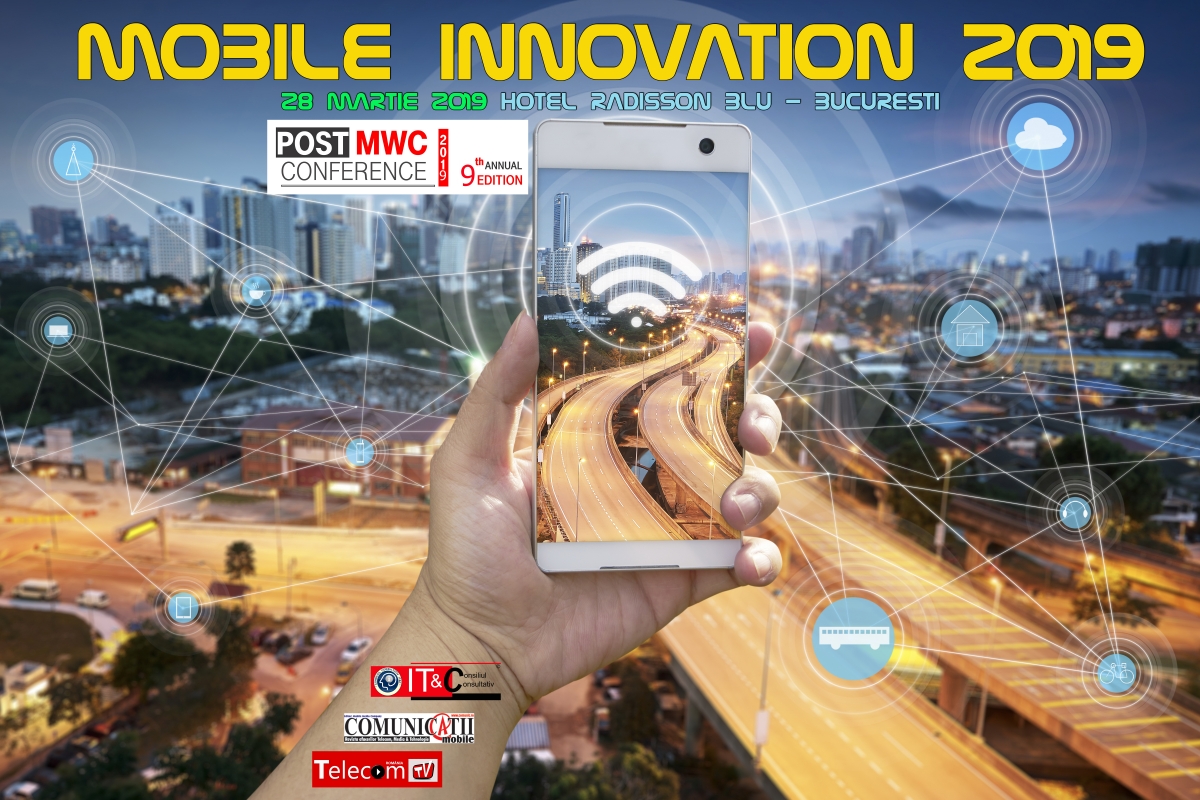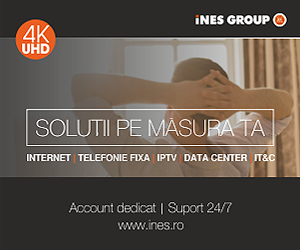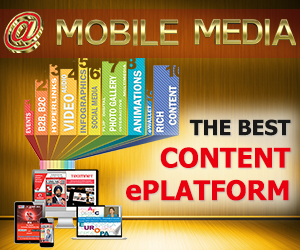Europe-wide Get Online Week campaign will engage 200.000 offliners to learn e-skills.
Closing the digital divide is getting harder, and there is a gender based digital divide in Europe. Telecentres focus on women and unemployed youth for extra help in Europe-wide Get Online Week campaign.
Get Online Week (
www.getonlineweek.eu) is a digital inclusion campaign organised by Telecentre-Europe, a pan-European network representing over 30 grassroots telecentre networks comprising more than 25.000 telecentres. In 2011, 112.000 people were reached by the Get Online Week, and Neelie Kroes, the EC Vice President and Commissioner responsible for the Digital Agenda, hailed telecentre staff as “heroes”.
Get Online Week 2012 will bring together telecentres – public access locations such as libraries, NGOs and education centres – in at least 50 countries across and beyond Europe to support at least 200.000 people in their online journeys. This year, the telecentre networks will use new learning products that will support the themes of youth employability, women in ICT, intergenerational learning, active ageing, social engagement and civic participation.
Gabi Barna, Chair of Telecentre-Europe, and Director of EOS in Romania, said “This year we are launching the 2012 campaign on International Womens’ Day, March 8th, at Interface3, a telecentre for women, run by women. There will be an amazing group of women involved in ICT at the highest level at the launch event, including Commissioner Kroes, for whose endorsement we are genuinely grateful.”
Eurostat figures show that progress towards closing the digital divide is slowing. In the period 2006-2010 digital inclusion increased by an average of 5% each year, but in 2011 it only increased by 3% from 65% to 68%. Gabi continues “it seems the task is getting harder, which we know from the experience of countries like the UK, but it just makes it doubly important that the networks are properly resourced, and given political support and leadership.”
This year the campaign is supported by the European Commission and a number of international organisations, including Microsoft, Liberty Global and Accenture. Get Online Week 2012 is being run in parallel with the European Commission eSkills week campaign. Support from Microsoft for the campaign is especially welcome, as well as from Accenture, which is developing the online counter for the campaign. We also want to thank Liberty Global for supporting the campaign, and for supporting the
translation of Internet Buttons, a great inter-generational tool that will also be used in some countries during the campaign.
The 2012 campaign will also include networks in Africa and Eurasia, to support international co-operation and regional knowledge sharing. NetAfrica and Eurasian Network of Telecentres will between them run a Get Online Week campaign in a further 15 countries. Ekaterina Fedotova, Director of the Tvoy Kurs (“Your Course”) programme in Russia that trained over 100.000 people in 2011, said “Being able to join campaigns like Get Online Week benefits us greatly – we learn from different approaches and raise public awareness. In many of the countries in Eurasia access to ICTs is still problematic; so the support that we can give to our citizens to start their technology journeys through Get Online Week is vital for their professional and personal advancement.”
The themes for the campaign this year address a number of priorities for policymakers, industry and society – women and youth. Ian Clifford, Deputy Chair of Telecentre-Europe, underlines that supporting young people is the key to unlocking economic challenges: “A number of studies have highlighted the shortcomings in young peoples’ ICT skills for the modern workplace, which will be necessary for 90% of jobs in the near future. A growing body of education professionals believe that when young people leave school their ICT skills have already not kept pace with the changing world of technology. School ICT curricula across Europe does not yet include many developing areas of ICT, instead its focus is mainly basic functional computer use.”
“This is why”, Ian continues, “Telecentre-Europe has developed a socially innovative online assessment tool, (
www.skillage.eu) with support from Microsoft. Skillage will help young people to assess their own skills, and better understand the ICT skills they need for the modern job market of 2012 and beyond. It is written specifically for young people, and will also be available on Facebook, and in time potentially as a downloadable smartphone application.”
Laure Lemaire, Director of Interface3, the telecentre in Brussels where the campaign is being launched in 2012, and a Board member of Telecentre-Europe, concluded “As Skillage will be released as a Beta across a number of countries for Get Online Week, including here in Belgium, the data it gathers will also give policy makers a better understanding of the ICT skill levels in young people across Europe. There is no magic wand, but we in telecentres do have the tools to help, and if the tools aren’t there, we can create them!”






